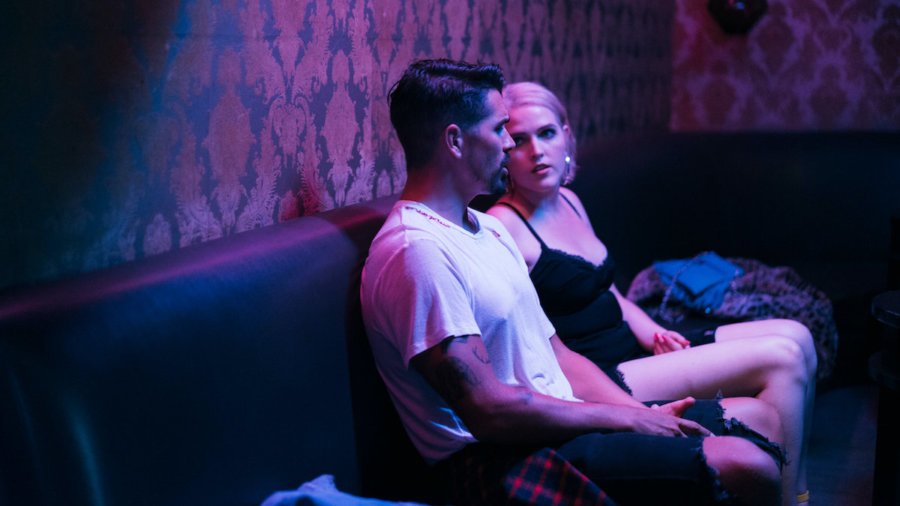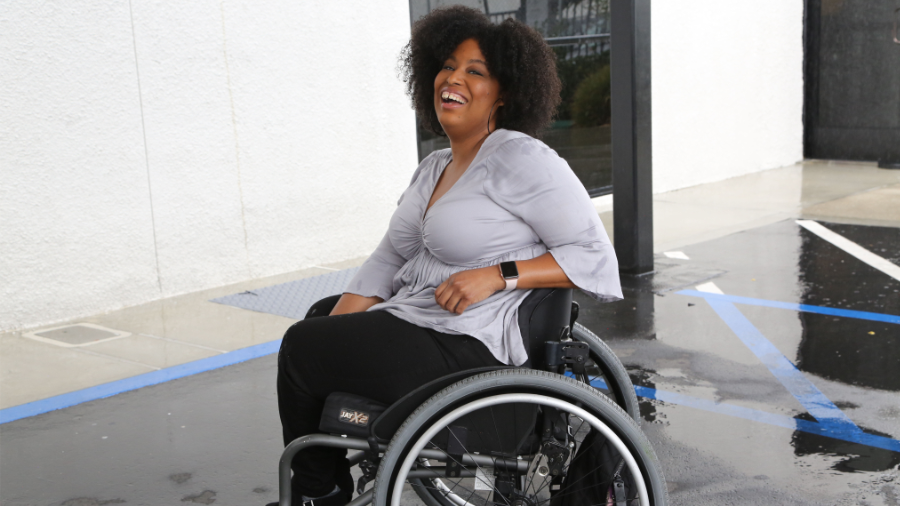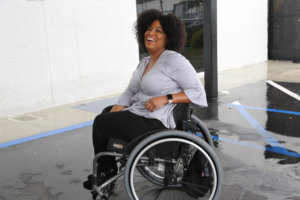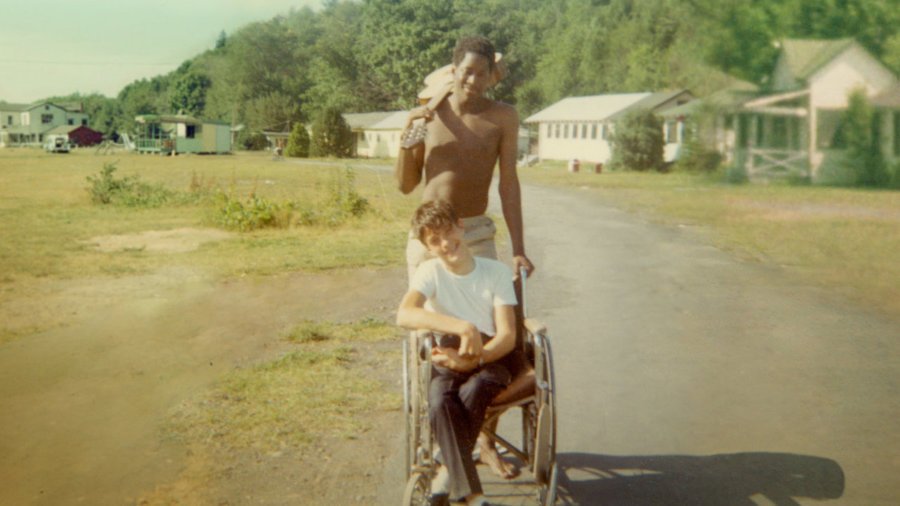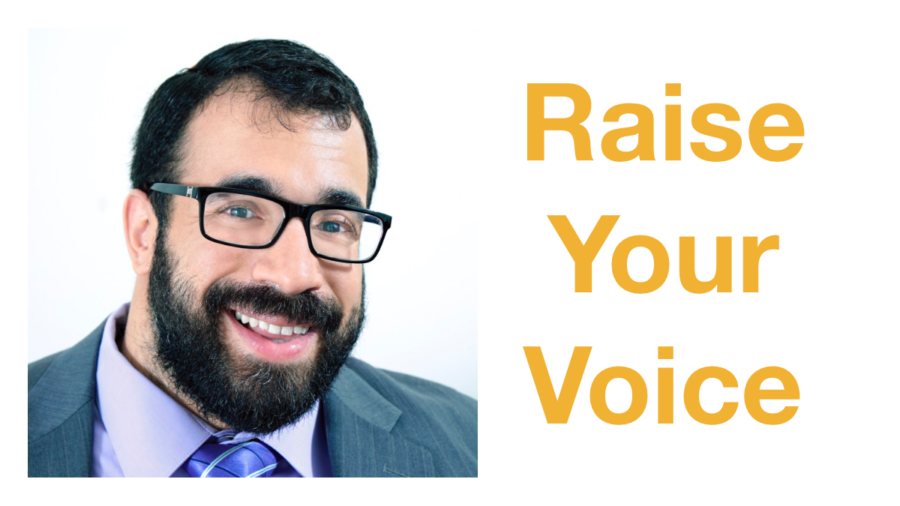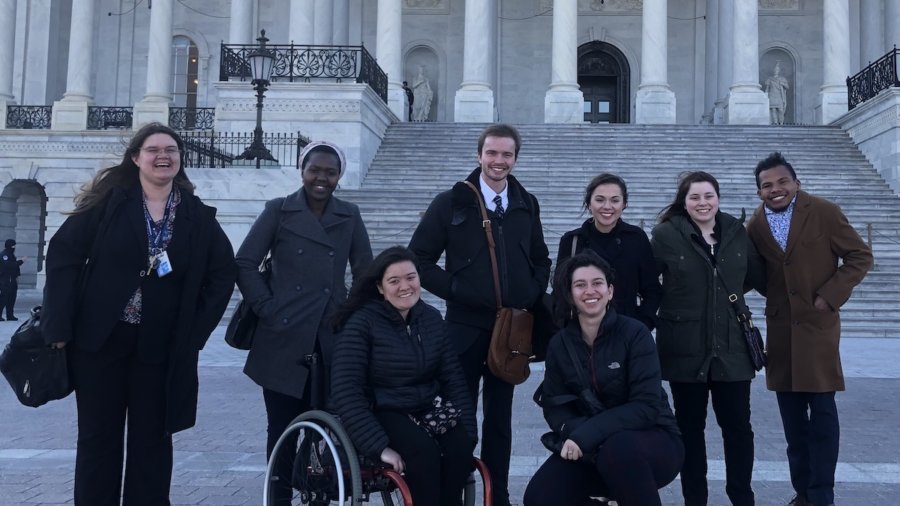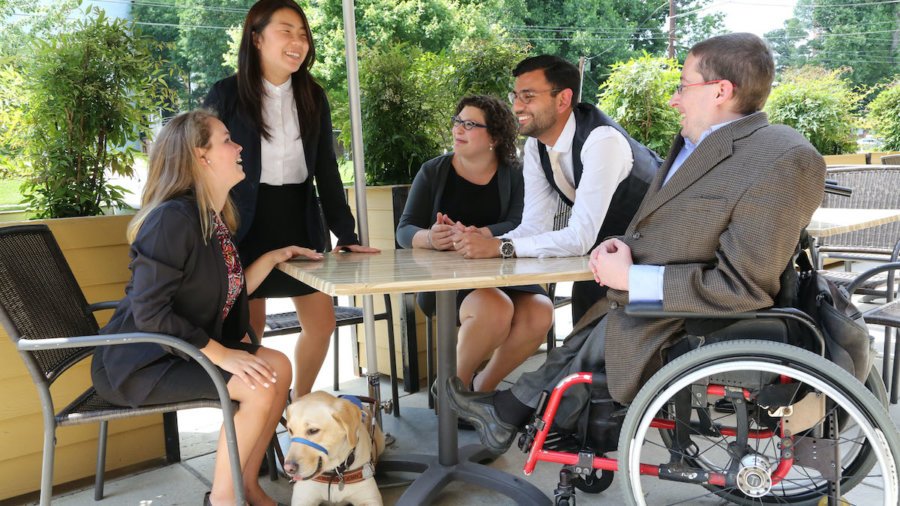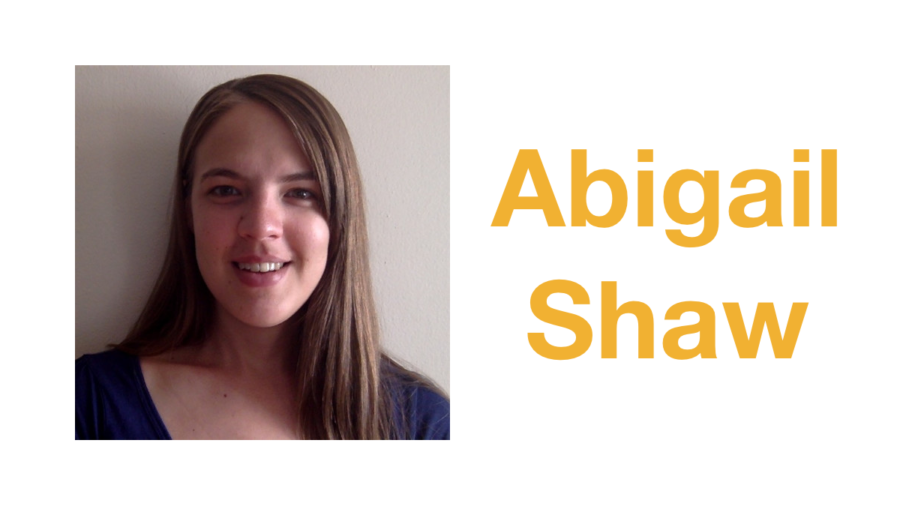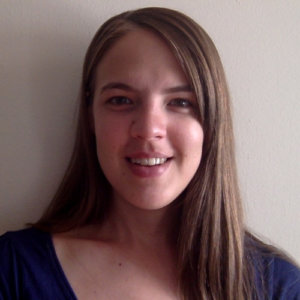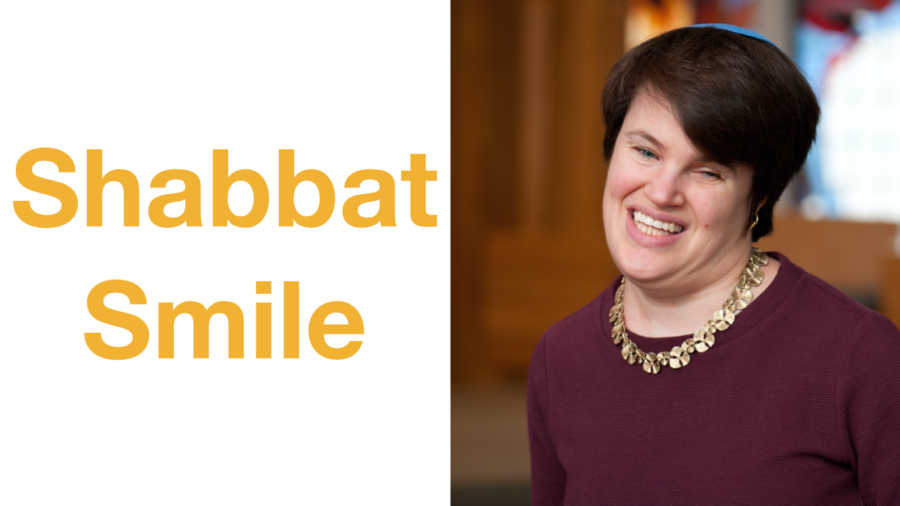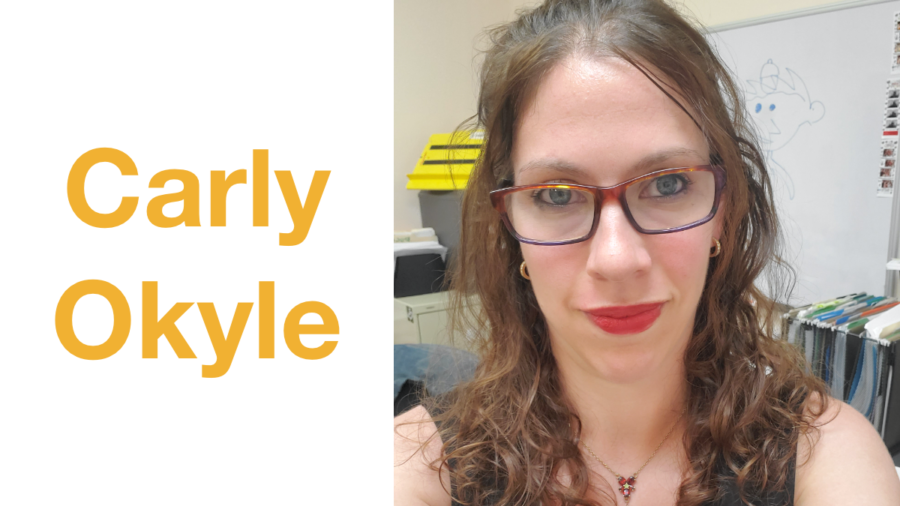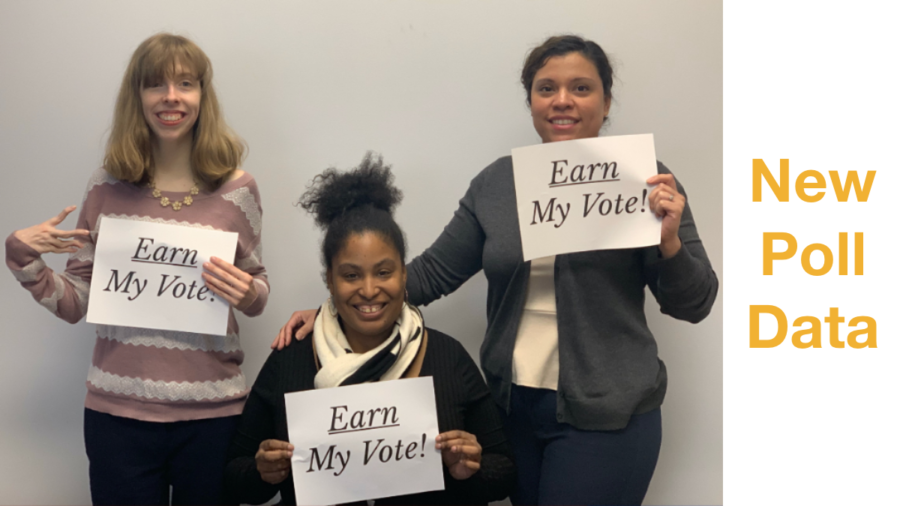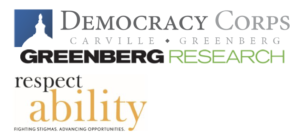*** SPOILERS AHEAD ***
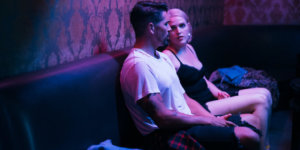 Los Angeles, Calif., March 26 – Rarely does a film come along that feels entirely refreshing, not just in terms of the genre, but in everything it does: “Single” is one of those hidden gems. The new Ashley Eakin film, Special Jury Recognition Winner at SXSW 2020 for Narrative Shorts, shines with its gorgeous, saturated, Hollywood-polished cinematography, authentic representation and undeniable assertation that it is not a love story – while tackling the complexities of dating while disabled.
Los Angeles, Calif., March 26 – Rarely does a film come along that feels entirely refreshing, not just in terms of the genre, but in everything it does: “Single” is one of those hidden gems. The new Ashley Eakin film, Special Jury Recognition Winner at SXSW 2020 for Narrative Shorts, shines with its gorgeous, saturated, Hollywood-polished cinematography, authentic representation and undeniable assertation that it is not a love story – while tackling the complexities of dating while disabled.
“Single” tells the story of a day in the life of Kim: a millennial looking to live her life and maybe find love along the way – or at least a chance to get off of Tinder. As the film opens, she can be seen acting like any other twenty-something: buying a bottle of wine, talking on the phone to her friend and telling her about the blind date she’s going on, set up by her mom’s friend from book club.
She also has one arm. [continue reading…]


